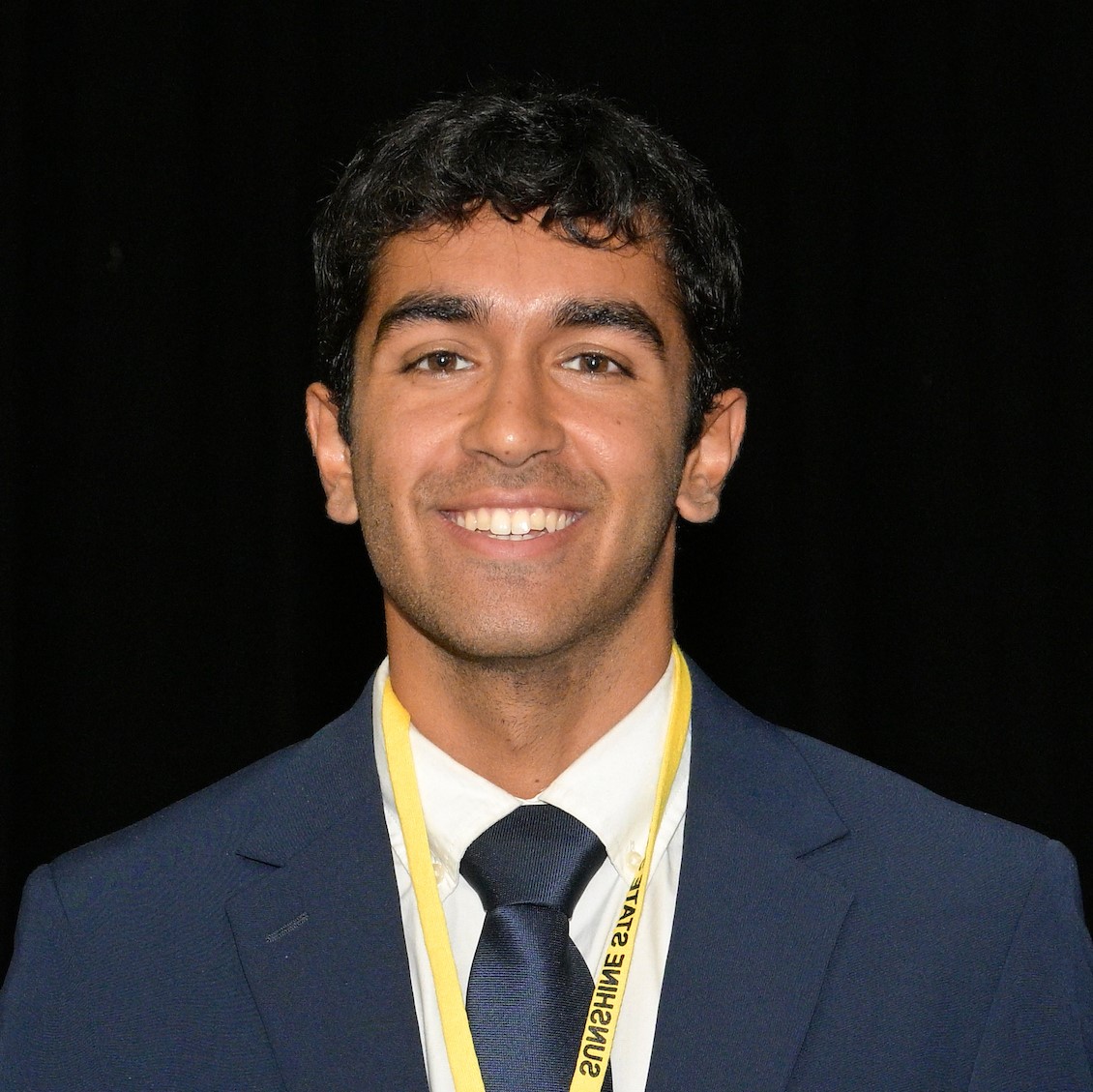Last year, I got the opportunity to interview Jonathan Walker. Walker is a student inventor, prominent for his innovations in assistive care and technology.
So far, he has created a device that translates text into braille, an air filter that alters carbon emissions into oxygen, and a pill management system. On top of this, Walker has made national headlines for his college admission success and scholarships won.

So, to start, what has been your inspiration behind your inventions?
Jonathan Walker: “I would say that, for one, I’ve just really been driven by a desire to want to help fellow humans. Humans are special and we thrive in communities. And so, seeing another fellow human who isn’t doing as well and being in a place where you can help them have a greater quality of life, that’s always something that’s driven me, and that’s been bolstered personally by my faith.
It’s my connection with God, just like the writings in the Bible that were called to help others come. That’s been further confirmation for me to just continue to pursue great inventions. On a normal day, if I see a situation where somebody is going through something tough, and I can think of something that’ll try to help them, then that sparks me into action to develop a solution.
Will you describe some of the prototypes you’ve had, and what changes you’ve made throughout the invention process? Have you experienced any setbacks?
JW: “For my pill management system, it started with a local problem. There was a large usage of controlled substances, and a lot of overdoses were taking place. Once I noticed this concern, then it was all about understanding the concern as best that I could. I interviewed certain stakeholders, like the local DEA, to learn about the concern, the motives, current existing solutions, where the shortcomings are, and then I tried to innovate within those spaces.
There have absolutely been setbacks from every stage of the invention process.
For example, sometimes there’s a lack of literature, so it’s hard to find out the cause of an issue or find metrics that allow that. It’s a lifelong learning process where I’m still learning new things. I’ve just learned about systems mapping and how important that is and seeing the scope of a project and unintended consequences when needed.”
You’re a college student in one of the best leadership and scholarship programs offered: Robertson Scholars. From your entrepreneurial efforts, are there any skills that you developed that you feel are beneficial for college?
JW: “When you have a college deadline, you just have to meet it. I think entrepreneurship has really shown me the way that even if there’s a setback, there’s going to be a way to make it through.
Additionally, we spend such a big part communicating ideas. I’m in engineering school, and we’re working on a project with Duke Hospital. We’re communicating with doctors, being able to translate their jargon to a more conceptual level that I understand, to where they can be communicated with a general audience.
That’s such a huge thing in college too, that if you can work with others, you’re already doing so well. In my experience, college isn’t a cutthroat environment. We’re all working to help each other and bring different perspectives to the table. You gain a greater appreciation for those perspectives because people think of things that you never would have thought of, and you think of things that other people never would have thought of.
It’s just super fulfilling to be oriented towards a common goal. I really think that it helps us to develop a more robust solution than if we were working alone.”
What’s the next step for you?
JW: “I’m really interested in designing products for populations with disabilities, especially to try to improve their quality of life. They deserve to have the same amount of accessibility to everything that we do, and the world isn’t made that way right now.
And so, I think about what I can do to improve existing technology that excludes these people. I re-imagine how certain infrastructure can be rebuilt from the ground up where it includes these previously marginalized groups. I’m really interested in that, and it’s becoming very complicated because it’s not just from a technical standpoint since we can design products for people, but then you have to get to the business side of it.
What’s the cost investment that you’re putting in? And are the profits still going to be as large if you’re spending extra money on this inclusion? Just with that, it gets tough, and it’s getting into an area where I don’t have too much expertise in, but it’s an area to learn. I’m excited to see where assistive technology will end up in the next five years, and I really hope that I can be a big part of it.”
In 2020, Walker won a Patenting Award at the annual national event for student inventors at The Henry Ford Museum, Invention Convention. In 2021, his invention of a new kind of pill management system won the grand prize in an invention contest administered by Texas Instruments. He was profiled by InnovateThis! founder Stephen Key in an article for Forbes in 2021.


